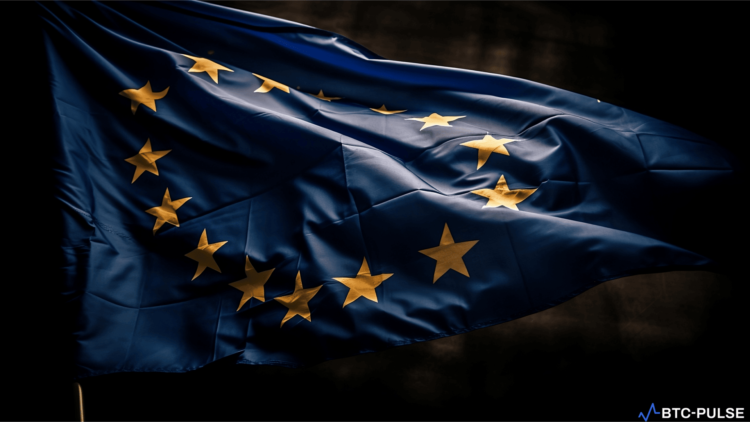The European Parliament and Council negotiators reached a provisional agreement on the rules governing the use of artificial intelligence (AI) on Friday, Dec 8.
Key Aspects of the Agreement
The agreement covers the governmental use of AI in biometric surveillance, how to regulate AI systems such as ChatGPT, and the transparency rules to follow before market entry. This includes technical documents, adherence to European Union copyright, and sharing training content summaries.
EU’s Ambition: Leading Global AI Regulation
The EU aims to be the first supranational authority with laws on AI, focusing on beneficial use while mitigating risks. The deal followed a nearly 24-hour debate on Dec. 8 and 15 hours of negotiations thereafter.
Requirements for AI Systems
AI models with significant impact and systemic risks must evaluate and address those risks, perform adversarial testing for system resilience, report incidents to the European Commission, ensure cybersecurity, and disclose energy efficiency.
Parliamentary Oversight and Future Prospects
“Correct implementation will be essential – the Parliament will keep a close eye on supporting new business ideas with sandboxes and effective rules for the most powerful models.” Following the deal, European Commissioner Thierry Breton hailed it as a launchpad for EU startups and researchers to lead the global AI race.
Specific Provisions and Restrictions
General-purpose AI with risks must adhere to codes. Governmental use of real-time biometric surveillance is restricted to specific cases, such as severe public threats.
Protecting Individual Rights and Imposing Fines
The deal prohibits cognitive behavioral manipulation, unauthorized facial image scraping, social scoring, and invasive biometric systems. Consumers gain the right to file complaints and seek explanations. Fines for violations range from 7.5 million euros to 35 million euros, depending on the infringement and company size.
Formal Adoption and Next Steps
The agreed text awaits formal adoption by the parliament and council to become EU law. The parliament’s internal market and civil liberties committees will vote on the agreement at an upcoming meeting.
Conclusion: Setting a New Standard for AI Ethics and Regulation
The provisional agreement reached by the European Parliament and Council marks a pivotal moment in the history of artificial intelligence regulation. By establishing comprehensive rules for AI systems like ChatGPT, the EU is not just leading the way in ethical AI use but also setting a global standard for others to follow.
This groundbreaking decision demonstrates the EU’s commitment to balancing innovation with ethical considerations. The stringent requirements for AI models, including transparency, risk evaluation, and consumer rights protection, reflect a future where technology serves humanity responsibly.
The EU’s approach of combining regulatory oversight with support for innovation, such as through the proposed sandboxes for new business ideas, underscores a vision where ethical AI and economic growth go hand in hand.
As this agreement moves towards formal adoption, it becomes a beacon for other nations and organizations worldwide, emphasizing that the future of AI is not just about technological advancement, but about advancing technology in a way that upholds human values and rights.
The European Parliament and Council’s decision is a significant step in ensuring that the AI-driven future is safe, ethical, and beneficial for all.










